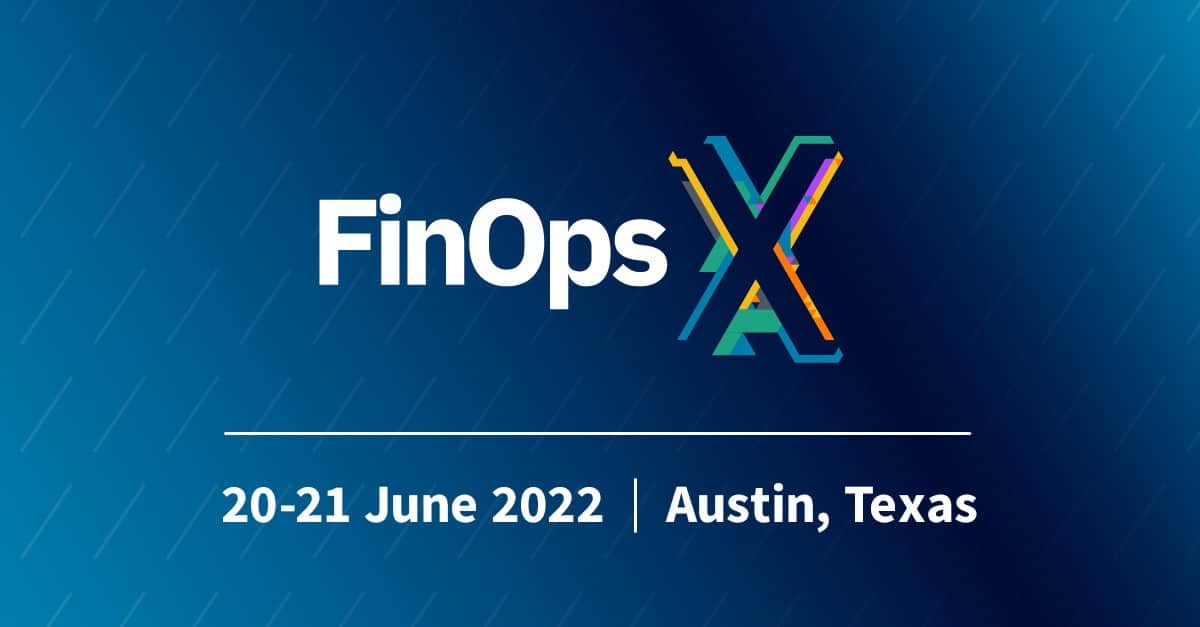Definition
A foundational Principle of FinOps is: “Everyone takes ownership for their cloud usage”. The true key to understanding total cost of ownership is built upon transparency and accuracy, but unallocated shared costs hinders both of these. Without appropriately splitting costs that are shared, engineers and product managers lack a complete picture of how much their products are really costing.
The goal of Cost Sharing can be full allocation; however it can also be the adoption of an informed ignore approach. The latter is where a business decision is explicitly made about shared platform services coming from a central budget versus a from a portion of each cost center’s budget.
Almost every organization has cloud costs that need to be segmented and allocated to business departments; the cost of running networking services, Support costs which benefit all Engineering teams or simply the cost of service resources from a cloud provider for which they do not (yet) support tagging/labelling.
As organizations increase their adoption of public cloud, without a strategy and processes in place to assign shared cloud resource costs to specific business owners, it becomes increasingly difficult to understand how to properly and fairly allocate costs, and to actually forecast and budget.
Maturity Assessment
WHERE ARE ORGANIZATIONS IN TERMS OF MATURITY
Crawl
29.6%Walk
45.1%Run
25.3%Practitioners in the segment that were operating at a FinOps Run maturity indicated they employed a weighted cost sharing model or had developed a custom model for managing shared costs. Responses showed most practitioners had adopted strategies for managing shared cost with a relatively significant segment operating at a FinOps Crawl maturity indicating they use a fixed sharing model or did not manage shared costs
Take the State of FinOps 2024 SurveyCrawl
- cost allocation metadata established enabling 80% of spend being allocated unallocated costs
- shared costs are not identified beyond common Support charges
- product owners and engineers are unaware of their portion of shared platform/service costs resulting in reduction in accuracy of forecasting and budgets
- shared platform owners are not able determine costs generated by internal customers
Walk
- robust cost allocation metadata established with minimal or no unallocated costs
- shared platform owners are able to showback costs generated by internal customers
- product owners and engineers are aware of their portion of shared platform/service costs and include these costs
- shared cost process documented to enable and manage expectations of “fair share” onboarding of new cost centers/business units
- shared costs are split using an appropriate distribution model(s) (proportional, fixed, even-split) across the entirety of the organization
Run
- product owners and engineers are aware of their portion of shared platform/service costs and include these costs as part of their forecasting & budget planning
- shared platform/service owners are able to fully allocate and chargeback costs generated by internal customers
- shared platform/service owners are able to recover costs generated by internal customers and perform accurate forecasting/budget planning
- shared cost recovery reflects commercial discounts/commitment based discounts
- bill reconciliation process for tracking of shared cost changes including support for credit adjustments over charged periods.
- shared cost process automated to enable “fair share” onboarding of new cost centers/business units
- shared costs are distinguished from dedicated costs
Functional Activity
As someone in a Business/Product role, I will…
- identify shared services/infrastructure which are part of my product and engage with stakeholder FinOps personas to determine how to
- understand cloud providers common use cases, and have a basic understanding of billing and pricing models
As someone in a Finance/FinOps role, I will…
- understand the basics of how cloud computing works, know the key services offered by cloud providers being used, including their common use cases, and have a basic understanding of billing and pricing models
- work with Finance to ensure required allocations are implemented to support financial reporting so shared costs can be assign to specific business owners.
- build processes and define rules to enable full allocation of shared costs.
- allocate the shared costs based on the defined rules and create stakeholder persona reporting
- understand available cost sharing models (fixed, proportional, even-split) and determine which models should be applied based on the use case
As someone in an Engineering/Operations role, I will…
- architect solutions that support segmentation of cost such that shared costs can be allocated to specific business owners
- know much of all the shared platform costs that have occurred for which my team is responsible
As someone in an Executive role, I will…
*
Measure(s) of Success & KPI
Measures of success are represented in the context of cloud costs and may include one or more key performance indicators ( KPI ), describe objectives with key results ( OKR ), and declare thresholds defining outliers or acceptable variance from forecasted trends.
- Shared platform/service owners are able to fully recover costs generated by internal customers
- The majority of cloud costs can be categorized and allocated directly allocated to an organizational unit. According to the FinOps Community of Practitioners, comprehensive allocation translates to at least 80% of cloud spend is allocated for a FinOps practice operating at a Crawl maturity level; and 90% for a FinOps practice operating at a Run maturity level
- Ability to surface the percentage of cost that cannot be categorized and allocated directly
- Effective reporting on shared costs showing trends to inform forecast and budget planning
- Effective reporting that identifies spend drivers and responsible stakeholder teams of shared costs that may go underlooked by current enterprise accounting policies
- Shared cost policies and design patterns socialized among stakeholder personas
Inputs
- Adjusted and amortized cloud cost & usage data
- Cost allocation constructs aligned to the organization’s reporting needs
- Stakeholder real-time visibility into cost and usage reporting data
- Shared resources (networking, shared-storage, K8s Node, etc)
- Platform services (logging, database, security, etc)
- Enterprise level support
- Enterprise level discounts
- Licensing, 3rd party SaaS costs
Related Data
More organizations are tackling shared costs
In 2023, we saw more respondents weigh in on how they tackle Shared Costs, indicating that many practitioners are building competency here. Similar to 2022, the Proportional method continues to be the method most used by respondents. Compared to 2022, respondents who indicated they don’t split Shared Costs decreased by 29% as more organizations develop




